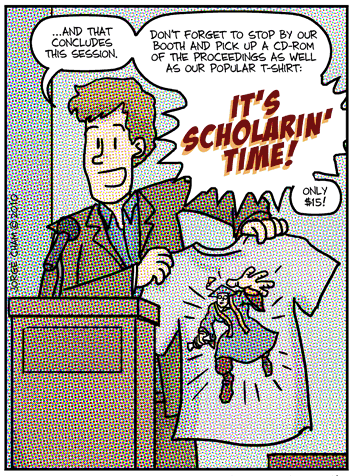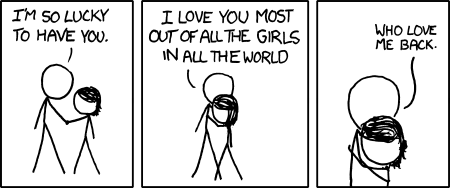Wanting your life back
Since BP is "refusing to confirm the widespread reports" that CEO Tony Hayward is just about to be fired, I assume he will be out by the end of the day (if you get up in the morning and find your employer is refusing to confirm reports that you are on the way out, start removing passives from your resume, because you're already toast). Hayward is the man who incautiously said to the press that no one wanted the oil spill cleaned up more than he did: "I want my life back", he said, disastrously misjudging America's attitude toward the ecological catastrophe his company had wrought. And from the hour of that incautiously casual and selfish remark onward, he was toast. But I find myself wondering: whose remark was it, originally?
Read the rest of this entry »

